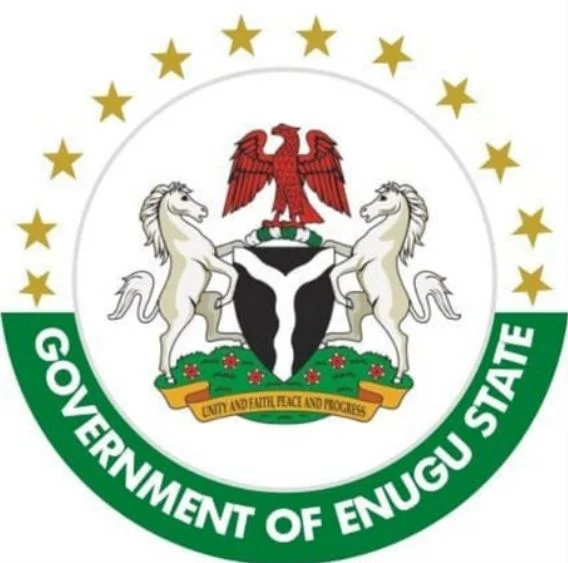This is the complete list of Local Government Areas In Enugu State, Including their headquarters, and chairman:
| LGA | Headquarters | Chairman |
|---|---|---|
| Aninri | Ndeaboh | Prince Nwanjoku |
| Awgu | Awgu | Uchenna Okolo |
| Enugu East | Nkwo | Beloved-Dan Anika |
| Enugu North | Enugu | Emeka Onunze |
| Enugu South | Uwani | Chimezie Robinson |
| Ezeagu | Aguobu-owa | Chukwudi M. Ani |
| Igbo-Etiti | Ogbede | Ikenna Nwodo |
| Igboeze North | Enugu-Ezike | Hon. Ejike W. Itodo |
| Igboeze South | Ibagwa-Ani | Ugo Ferdinand |
| Isi-Uzo | Ikem | Obiora Obeagu |
| Nkanu East | Amagunze | Sydney Okechukwu |
| Nkanu West | Agbani | Uchenna Callistus |
| Nsukka | Nsukka | Jude Asogwa |
| Oji River | Oji | Greg Amyaegbudike |
| Udenu | Obollo-Afor | Aka Eze Aka |
| Udi | Udi | Hyginus Agu |
| Uzo-Uwani | Umulokpa | Chijioke Ezugwu |
READ ALSO: Complete List Of LGAs In Akwa Ibom State And Their Chairmen
What Is The Capital Of Enugu State?
Enugu is the capital city of Enugu State in Nigeria. Located inland in the southeastern part of the country, it was formally recognized as a city in 1917. The name “Enugu” is derived from Igbo words meaning “hilltop.”
Initially established as a coal mining camp by British colonialists in the early 20th century, Enugu rapidly developed into one of West Africa’s major urban centers.
Enugu’s historical value includes its role as the capital of the Eastern Region after Nigeria gained independence in 1960. During the Nigerian Civil War, it briefly served as the capital of the Republic of Biafra.
It’s an important economic and cultural hub, known for its urban market, bottling industries, and prominence in Nigeria’s film industry, often referred to as “Nollywood.”
The city’s population has steadily grown, estimated at over two million people according to the 2006 census, with indications suggesting a higher actual population.
Enugu’s geographic features include hills, rivers, and coal deposits, which have shaped its development and economy over the years.
Enugu experiences a tropical savanna climate, characterized by humid conditions, a distinct rainy season, and hot temperatures throughout the year.
Despite challenges like water scarcity, the city has seen improvements in infrastructure, such as the recent completion of a major water scheme to increase daily water production.
Culturally, Enugu hosts traditional Igbo festivals like the Mmanwu and New Yam festivals, celebrating the rich heritage of its inhabitants.
The city also offers different tourist attractions, including the Udi Hills, Nike Lake Resort, and historical sites related to its coal mining history.
In terms of economy, while coal mining was once a dominant industry, Enugu has diversified its economy to include sectors like trade, manufacturing, and agriculture.
Open markets like Ogbete Market are essential for commerce, serving both residents and traders from surrounding areas.
READ ALSO: Complete List Of LGAs In Lagos State And Their Chairmen
What Is The Most Populated Local Government Area In Enugu State?
This table summarizes the most populated LGA in Enugu state from the largest to the smallest:
| LGA | Population Projection 2022-03-21 |
|---|---|
| Nsukka | 444,100 |
| Enugu East | 397,700 |
| Igbo-Eze North | 371,500 |
| Udi | 342,000 |
| Enugu North | 347,500 |
| Awgu | 283,200 |
| Enugu South | 284,200 |
| Udenu | 256,500 |
| Igbo-Etiti | 299,000 |
| Nkanu East | 220,400 |
| Aninri | 195,500 |
| Ezeagu | 244,900 |
| Enugu West | 213,300 |
| Oji-River | 184,800 |
| Igbo-Eze South | 211,500 |
| Nkanu West | 211,500 |
| Uzo-Uwani | 182,500 |
Reference Sources:

